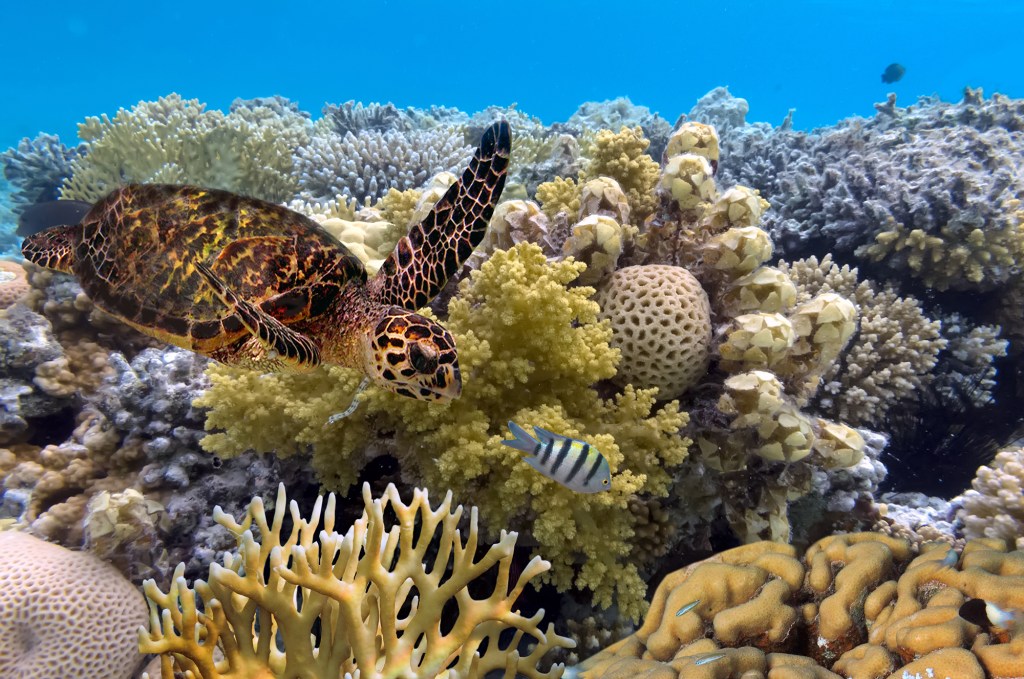Marine biologists monitoring coral reefs in the Indian Ocean have documented unexpected signs of recovery in areas previously thought to be severely damaged. The findings have prompted renewed optimism about coral resilience and adaptive capacity.
Research teams from Australia, India, and the Maldives have been tracking several reef systems over the past decade. Recent surveys show that some reefs are regenerating faster than predicted, with coral cover increasing in multiple locations despite ongoing environmental pressures.
“We’re seeing evidence that certain coral species are adapting to warmer water temperatures,” explained a marine ecologist leading the research. “This doesn’t mean coral reefs are out of danger, but it does suggest they may have more resilience than we initially believed.”

The recovery appears to be driven by several factors, including improved water quality from reduced pollution, natural selection favoring heat-tolerant coral varieties, and successful marine protected area management. Local communities have played a crucial role in reef protection efforts.
Scientists emphasize that this positive development doesn’t diminish the need for climate action. Coral reefs globally still face significant threats from warming oceans, acidification, and human activities. However, these findings may inform new conservation strategies.
The research team is now studying the genetic characteristics of the recovering corals to understand what makes them more resilient. This information could potentially be used to support restoration efforts in other degraded reef systems around the world.


Leave a Reply